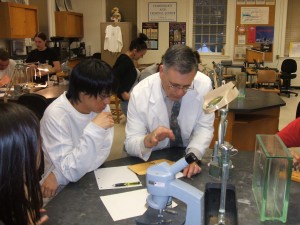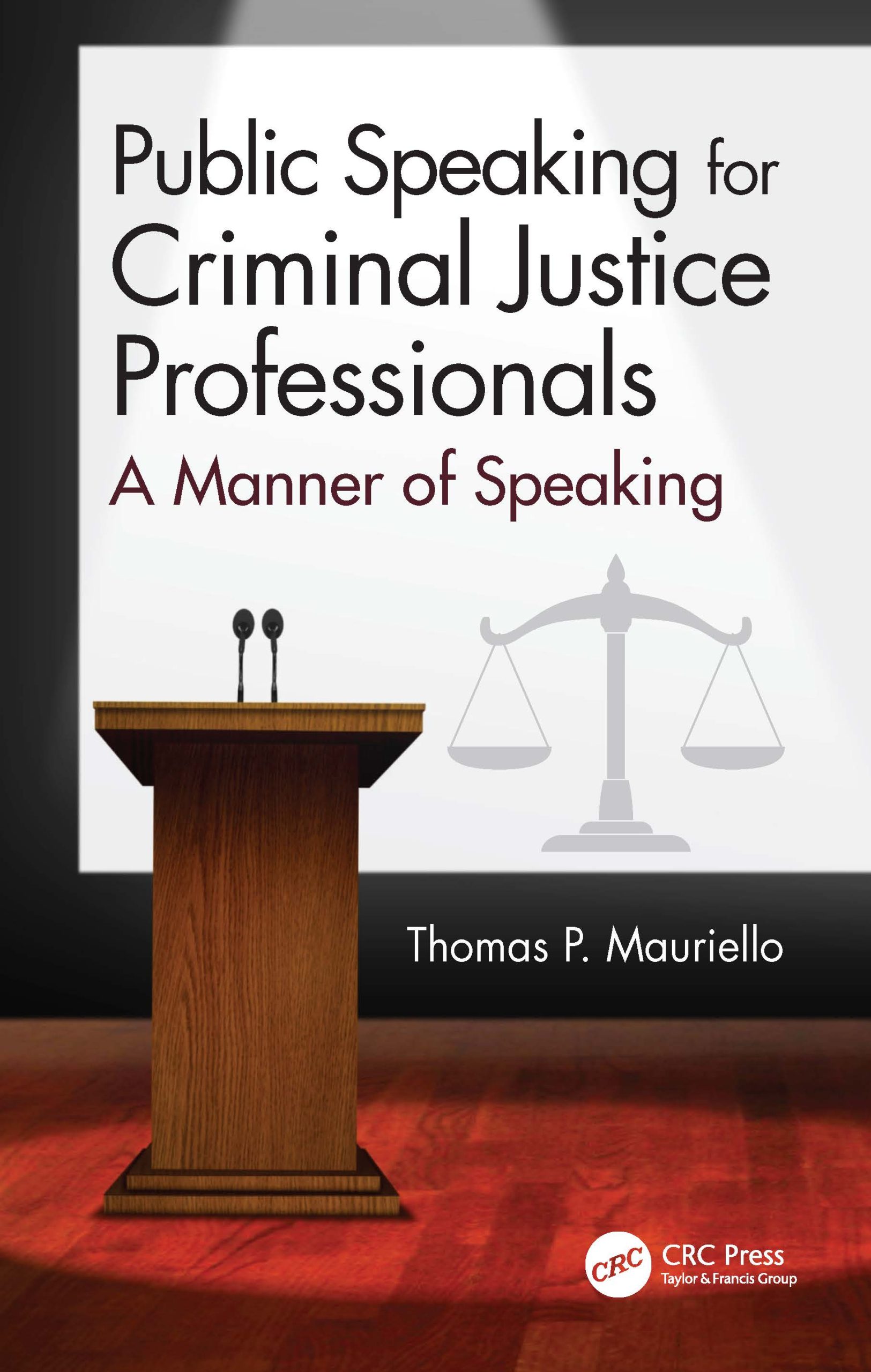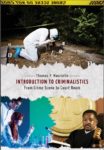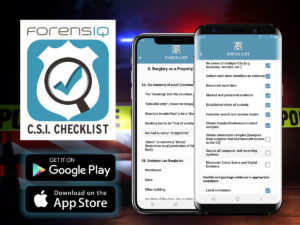Science should provide valid and reliable information from the examination of evidence. If it is a “true” science, then that information will be the same each and every time it is examined. Science has no conscience, and has no bias. Yet, a scientist suffers from those very human frailties that can influence the interpretation of those scientific findings. Forensic science also suffers from something recently described as the “CSI Effect.” The Hollywood version of a Crime Scene Investigation or CSI reinforces a myth that science has answers to everything found at a crime scene, and that the forensic scientist always works directly with the Crime Scene Investigator and is sometimes one-in-the-same. It has been estimated that 40% of the science portrayed on “CSI” type television shows doesn’t even exist, and that crime scene investigators generally don’t know or meet each other. Therefore, when viewing scientific evidence that appears to prove that a crime was committed and that a certain person or persons commited a crime, it should be independently evaluated to distinguish “what it says” from “what it means” in a case.
ForensIQ bridges these weaknesses with an independent view of the scientific findings and how those findings associate with every other aspect of the case. ForensIQ doesn’t pretend to have all the answers, but knows all the questions that need answers and knows how to find them for their client. This is the benefit of the one-stop shopping ForensIQ brings to the table. ForensIQ determines what the scientific issues are and determines if an expert is necessary for further consultation. If not, the client has saved time and money, and can focus on the real issues that are relevant to their case.







